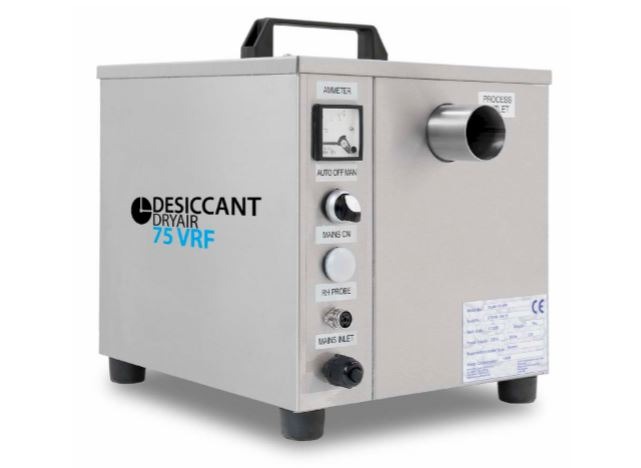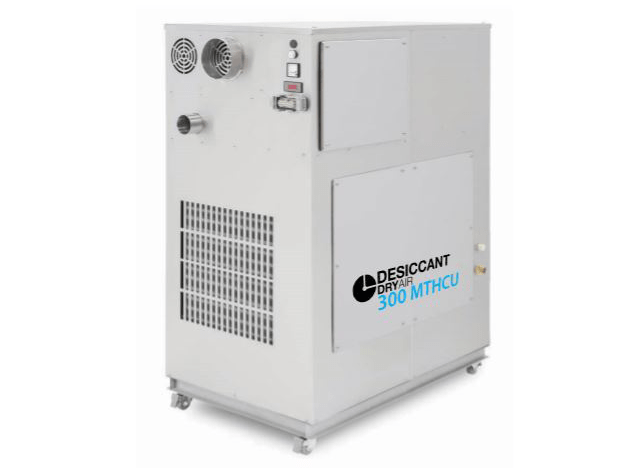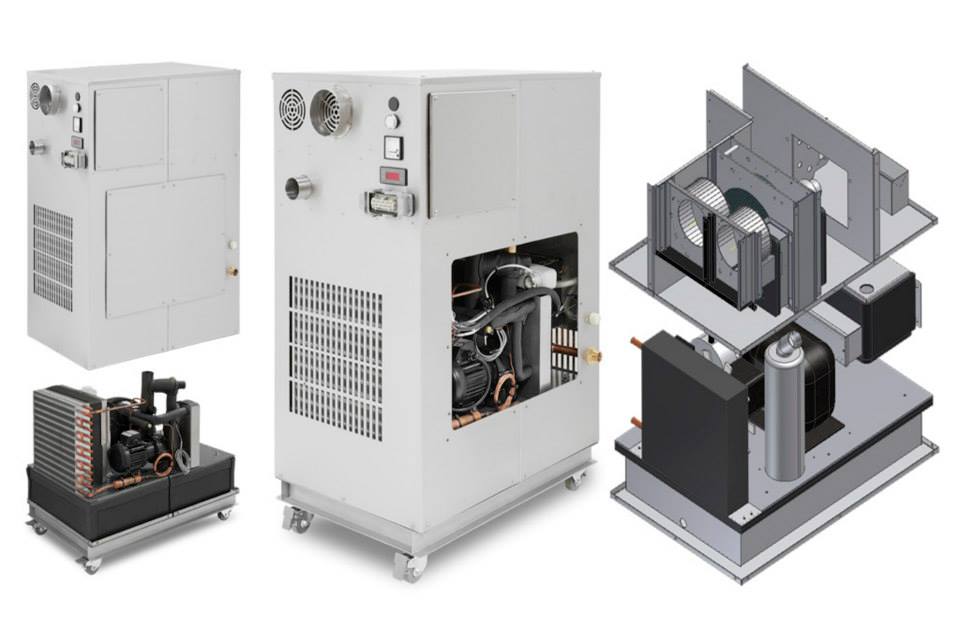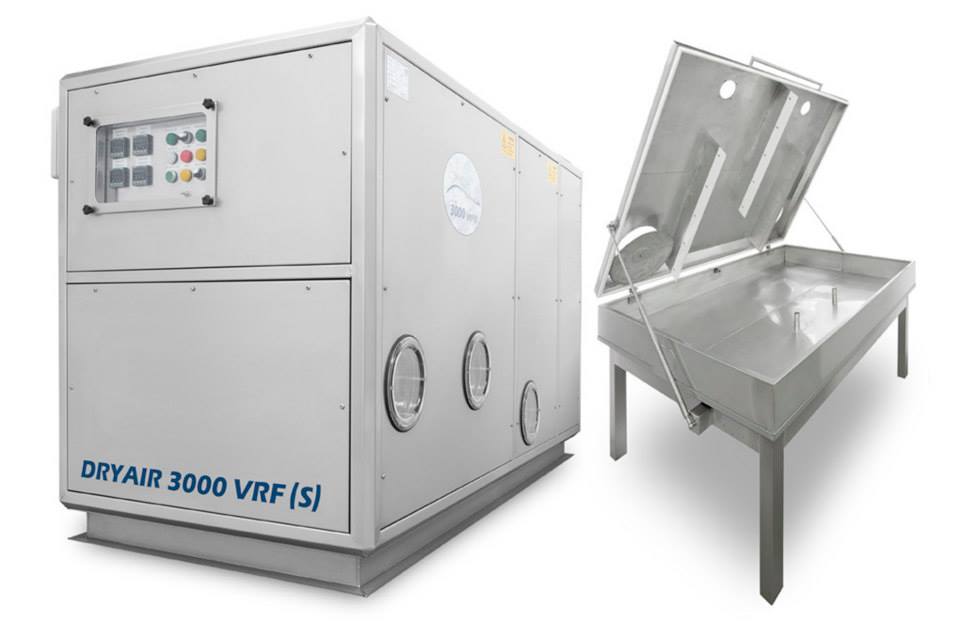Military Vehicle Storage in Birmingham
Read More -
Military Vehicle Storage in Birmingham within a Controlled Humidity Environment
Long term storage of vehicles is of great interest to the Armies, Air Forces and Navies across the world.
Problems with vehicle storage are:
- Due to dissimilar metals in many vehicles galvanic corrosion occurs to the structures.
- Many vehicles have high tech scopes and electronics inside. Many malfunctions occur to this equipment, which in many cases, has to be removed from the vehicles to be stored in a more suitable environment. This means that the vehicle is not in a true state of readiness and man power is required to remove and re-install.
- The mass of Armour is great due to the amount of heavy plate required for such vehicles. This can take up to 3 days for the climate inside the vehicle to match the ambient. If the ambient temperature drops by 10°C, condensation will form on the hull of the vehicle affecting wiring and increasing the reaction between materials.
- Rubber will deteriorate if measures are not taken and this will effect both track pads on armour and tyres on wheeled vehicles.
- Textiles and fabrics used on seats and covers will grow mildew and moulds.
- The greatest issue is the batteries within the vehicles not being able to hold the charge due to parasitic loads on the systems.
- Fuel separates when stored for long periods. The water becomes acidic corroding the inside of the fuel storage tanks.
Vehicles within many armies go into storage and within a few weeks of being stored will be suffering from one, if not all, of the above conditions. The other issue is that often monthly service will have to be carried out as well as regular starting of the vehicles to try and minimise the effects of the above.
The Cure
At Desiccant Dryair we have great experience of creating Controlled Humidity Environment in Birmingham for the storage of Military equipment and have a proven track record of dealing with the British and Singapore Armed Forces and the Australian Army.
Many of the causes of vehicle non readiness detailed above can be cured directly by installing a CHE system, either open or closed. We also have the cure for the rubber and battery deterioration if we create a complete CHE storage facility in Birmingham.
Open CHE
This is where the vehicle is being stored in a building that is open to ambient conditions. A small Dryair unit is used to blow dry air into the vulnerable parts of the vehicle, for example on a main battle tank the dry air connection would be made to the gun barrel and with the breach left open, would fill the inside with dry air thereby displacing the moisture and solving many of the above issues.
Disadvantages
- The outside of the vehicle is not protected.
- Rubber composites are not protected.
Advantages
- Much easier and quicker to implement.
- Vulnerable areas protected quickly, easy install, no major ducting runs.
Closed CHE
This is where the entire building is a controlled environment and vehicles are placed within, giving total protection to the vehicles and preventing any corrosion provided the correct levels of humidity are maintained. The correct levels should be between 40 to 50% RH.
Disadvantages
- The building ideally needs to be purpose built and very well sealed.
- High installation costs.
- Good service connections required due to power requirements of the plant, i.e gas and electric.
- Controlled access to the building to minimise the system running costs and maximise efficiency.
Advantages
- Total peace of mind that the vehicles are protected.
- Very controllable.
- No organic deterioration.
- Building control can be implemented.
Desiccant Dryair can supply both open and closed systems and offer the peace of mind that is often the main aim of many Armed Forces ensuring their equipment is ready for action. Our system, if installed alongside our Battery Management System, has the option to be totally remote accessible for full control.
Both types of system are networkable with real time and historical data available.
Please download from our website the Battery Management System PDF for more details on the information and services we can offer the end user. Please download from our website a PDF on CHE for more detail.
Battery Management Systems in Birmingham
Everybody who has dealt with military vehicles knows that the greatest challenge they have is the batteries. Within a few weeks due to parasitic loads on vehicles the batteries are dead and have to be removed for either replacement or recharging. This is a never ending circle; anyone who has worked on armour knows that the vehicle is built around the batteries, they are usually very difficult to get to, often removing seats or floor plates, and even harder to take out and replace. Many vehicles within a few weeks will have batteries in a deep discharge condition where they are less than 10.5 Vdc.
Vehicle storage problems
- Never knowing if a vehicle will start. 95 % of vehicle failures are due to the batteries!
- Parasitic loads drain batteries from the vehicle equipment installed.
- Very difficult to gain access to, even to apply a simple charger.
- Even more difficult to remove and replace.
- Vehicle not in state of readiness.
- Multiple battery failures.
- Manpower and new battery costs.
- Lack of knowledge.
We have a system that can solve all of the above issues. In recent long term trials with the British Army, we took 14 vehicles that had just come into the depot with batteries in various states but only three vehicles had battery voltages over 22.0 Vdc. All others were under 7.0 Vdc with many being under 1.0 Vdc.
We recovered all the batteries except one which had to be replaced. Every vehicle started when required with a 100% success rate.
Our Solution
- 4 stage Intelligent Battery Management System.
- Most charging algorithms as standard.
- Specific algorithms for a specific battery.
- Temperature compensation for use in Arctic or Desert.
- Voltage compensation, accept any charging lead length.
- Auto discharging to C10 or C20 standard to determine battery capacity.
- MODBUS RTU or TCP by WIFI.
- PC interface connectivity.
- Remote access.
- Historical DATA to help determine battery end of life.
Please download from our website a PDF on Battery Management System for more detail.
Vertical Rotor Face Machines
We have a range of Vertical Rotor Face Machines (VRF) available, find the right machine to suit your needs. if you require help or advice please contact us by calling us on +44 01524 581500 or email us info@desiccantdryair.com
MTHC Units
We have a range of Medium Temperature & Humidity Control Units (MTHCU) available, find the right unit to suit your needs. if you require help or advice please contact us by calling us on +44 01524 581500 or email us info@desiccantdryair.com
Contact Us
Today!
Desiccant DryAir Systems Ltd.
6 Langdale Business Park
Whitegate White Lund Industrial Estate
Morecambe
Lancashire
United Kingdom
LA3 3BS
Contact us
Phone: (+44) 01524 581500
Alternative phone: (+44) 01524 581450
Mail: info@desiccantdryair.com
© 1996-2020 DESICCANT DRYAIR | LEGAL DOCUMENTS | SITEMAP
phone: (+44) 01524 581500
alternative phone: (+44) 01524 581450
info@desiccantdryair.com




